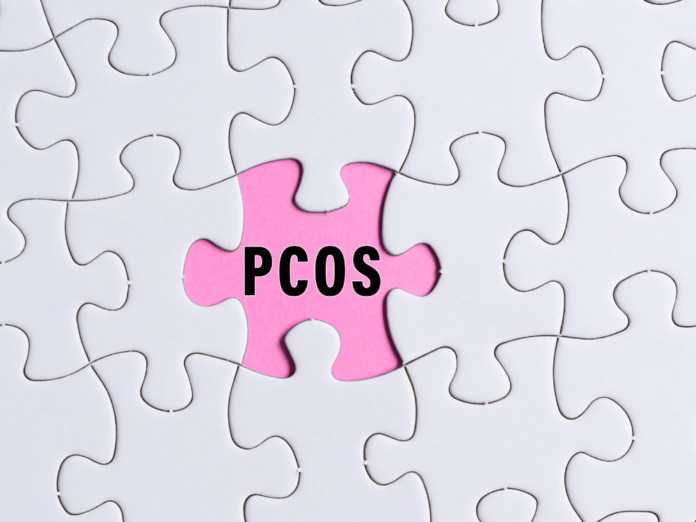PCOS: A Guide to Understanding Symptoms, Causes, and Treatment
Polycystic ovary syndrome (PCOS) is a common hormonal disorder affecting up to 12% of women of childbearing age in the United States. It can cause irregular periods, make it harder to get pregnant, and increase the risk of long-term health problems.
Understanding PCOS
PCOS disrupts the normal functioning of the ovaries. It can cause:
- Irregular periods or missed periods
- Multiple small cysts in the ovaries
- High levels of androgens (male hormones)
- These hormonal imbalances can lead to a variety of symptoms, including:
- Excess hair growth on the face, chin, or other areas of the body Acne
- Thinning hair or hair loss on the scalp
- Excess weight gain
- Dark skin patches around the neck, groin, or under the breasts
- Skin tags
What Causes PCOS?
The exact cause of PCOS is unknown, but several factors are likely involved:
- Genetics: Having a family history of PCOS increases your risk.
- Insulin resistance: The body may not use insulin effectively, leading to high blood sugar and increased androgen production.
- Inflammation: Low-grade inflammation in the body may contribute to PCOS symptoms.
Who Gets PCOS?
PCOS can affect women of all races and ethnicities. You may be more at risk if you:
- Have a family history of PCOS
- Have excess weight
- Have prediabetes or type 2 diabetes
PCOS and Fertility
PCOS is a leading cause of infertility due to irregular ovulation. However, many women with PCOS can still get pregnant naturally or with treatment.
PCOS and Long-Term Health Risks
PCOS can increase your risk of:
- Type 2 diabetes
- Heart disease
- High blood pressure
- Sleep apnea
- Endometrial cancer
Diagnosing PCOS
There’s no single test for PCOS. Diagnosis typically involves:
- Discussing your medical history and symptoms
- Physical exam
- Blood tests to check hormone levels and blood sugar
- Pelvic ultrasound to examine the ovaries
Treating PCOS
There’s no cure for PCOS, but treatments can manage symptoms and reduce health risks. These may include:
- Lifestyle changes: Losing weight, eating a healthy diet, and exercising regularly can improve symptoms and fertility.
- Medications: Birth control pills can regulate periods, while medications like metformin can help with insulin resistance.
- Fertility treatments: Medications or surgery may help ovulation and improve your chances of pregnancy.
- Anti-androgen medications: These can help reduce unwanted hair growth and other symptoms caused by excess androgens.
PCOS Supplements and Vitamins
While certain supplements like vitamin D, inositol, and chromium may be helpful for some women with PCOS, there’s no one-size-fits-all approach. It’s important to talk to your doctor before taking any supplements to discuss potential benefits, risks, and interactions with medications you’re already taking.
Living with PCOS
PCOS is a manageable condition. With treatment and lifestyle changes, you can improve your symptoms, fertility, and overall health.
Additional Tips:
- Join a support group: Connecting with others who have PCOS can provide emotional support and helpful advice.
- Manage stress: Stress can worsen PCOS symptoms. Relaxation techniques like yoga or meditation may be beneficial.
- See your doctor regularly: Regular checkups can help monitor your health and adjust treatment as needed. By understanding PCOS and working with your doctor, you can take control of your health and live a full and rewarding life.


